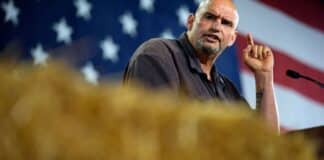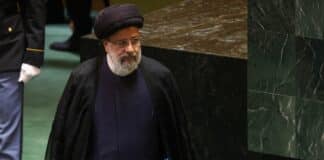Bestselling author Andrea Bartz emerged as a champion for writers this week, playing a central role in negotiating a $1.5 billion settlement from AI company Anthropic for the unauthorized use of copyrighted books in training its chatbots. Bartz, alongside fellow authors Charles Graeber and Kirk Wallace Johnson, served as named plaintiffs for the class action lawsuit that represented writers whose works were allegedly pirated without consent.
Under the settlement, Anthropic will pay a flat amount per work—reportedly $3,000—for each infringing book. Authors and publishers will split that sum relative to their contracts, and the three named plaintiffs may receive service awards of up to $50,000, pending judicial approval. The deal brings closure to a case that once threatened Anthropic with more than $1 trillion in liability, given the vast number of books involved and the statutory penalty of $750 per work under copyright law.
The legal fight began in earnest in 2024, when Bartz and her co-plaintiffs accused Anthropic of harvesting millions of copyrighted works—including their own—via so-called “shadow libraries” like LibGen. A federal court had initially ruled that portions of Anthropic’s use could qualify as fair use. However, the court also found that the way some books were acquired—outside traditional licensing channels—crossed the line into infringement.
Bartz discovered her novels had been included in the disputed data sets in 2023 and felt violated. She joined Graeber and Johnson to lead the case, enduring grueling discovery, depositions, and high-stakes courtroom strategy. Throughout the process, the three writers leaned on each other for support while representing the interests of hundreds of thousands of authors.
Many in the publishing industry hailed the settlement as a watershed moment. Mary Rasenberger, CEO of the Authors Guild, called it a signal that AI developers must respect copyright.
Bartz acknowledged the toll the legal battle took on her personal writing schedule but said she remains committed to protecting authors’ rights. “This was bigger than any one book,” she told reporters. For Bartz and her collaborators, the victory marks a turning point in ensuring that creative work cannot be exploited without accountability.





